HEALTH CARE ACCESS:
Even though Panama is a country with a lot of economic growth, this growth does not apply equally to all Panamanians, especially those in rural areas. This results in stark inequality when it comes to healthcare access. The Panamanian Ministry of Health (MINSA) provides two different types of health facilities throughout rural Panama: Centros de Salud and Puestos de Salud. Centros are the larger of the two, often found in municipalities, and typically have at least one physician on staff at all times with nurses and potentially a dentist. Puestos are found sporadically in rural communities and generally have a single nurse available.
Even with this coverage, the Centros frequently lack a full pharmacy and the staff capacity to see every patient each day. After walking long distances or paying for a bus, rural visitors to the Centros can expect long wait times given the limited staff and resources to meet the demand from all neighboring communities. The physician density in Panama remains around 630 people for every one doctor. According to the World Health Organization, there should be a maximum of 435 people per physician to qualify a country as having adequate access to medical attention.
The closest Centro de Salud to Pueblo Nuevo is 20 minutes away by bus in the town of Santa Fe. Some of the most common illnesses are diarrhea, fever, and high blood pressure.


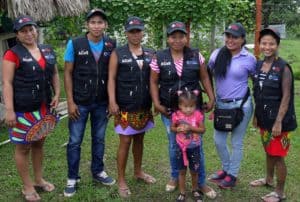
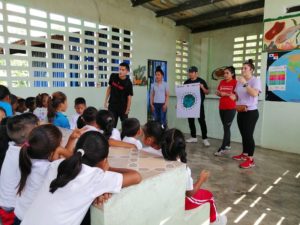
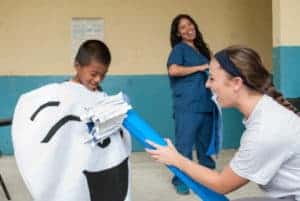
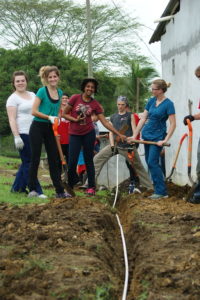
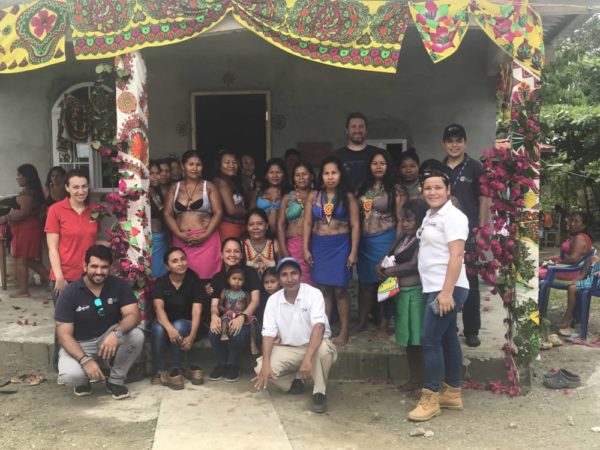
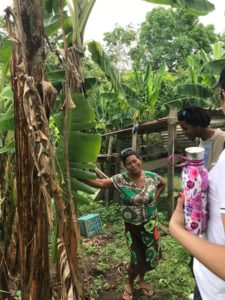
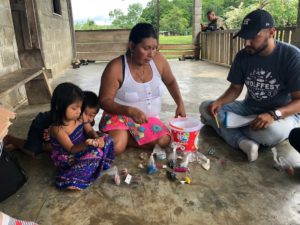
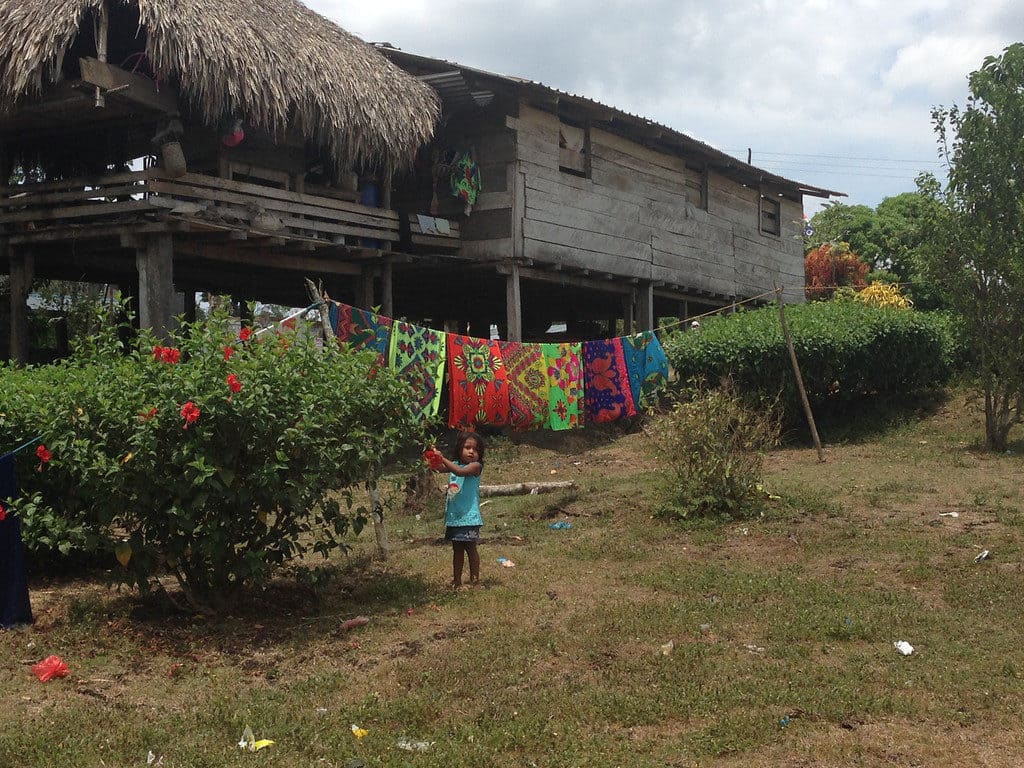 As an indigenous community, many families maintain the traditional style of home built on stilts with roofs made from dried palm fronds while newer homes may be constructed out of concrete. About 38% of the community reported concrete floors while the majority have dirt or wood planks. About 80% of homes in the community have pit latrines. The community overall has suffered from problems with their aqueduct system that supplies water to each family and the school. In 2008 a latrine project was started through Peace Corps and the Panamanian government to build more latrines for the families that did not have them.
As an indigenous community, many families maintain the traditional style of home built on stilts with roofs made from dried palm fronds while newer homes may be constructed out of concrete. About 38% of the community reported concrete floors while the majority have dirt or wood planks. About 80% of homes in the community have pit latrines. The community overall has suffered from problems with their aqueduct system that supplies water to each family and the school. In 2008 a latrine project was started through Peace Corps and the Panamanian government to build more latrines for the families that did not have them.